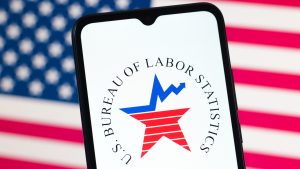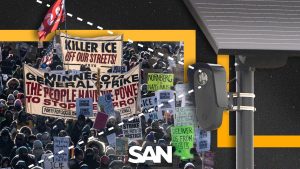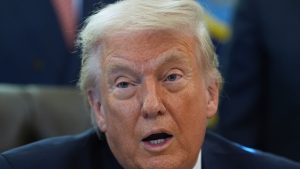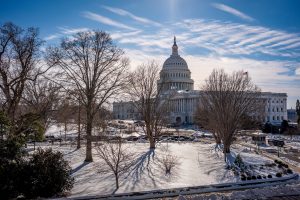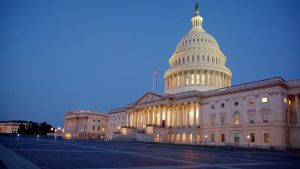Maduro mobilizes militias after US doubles bounty
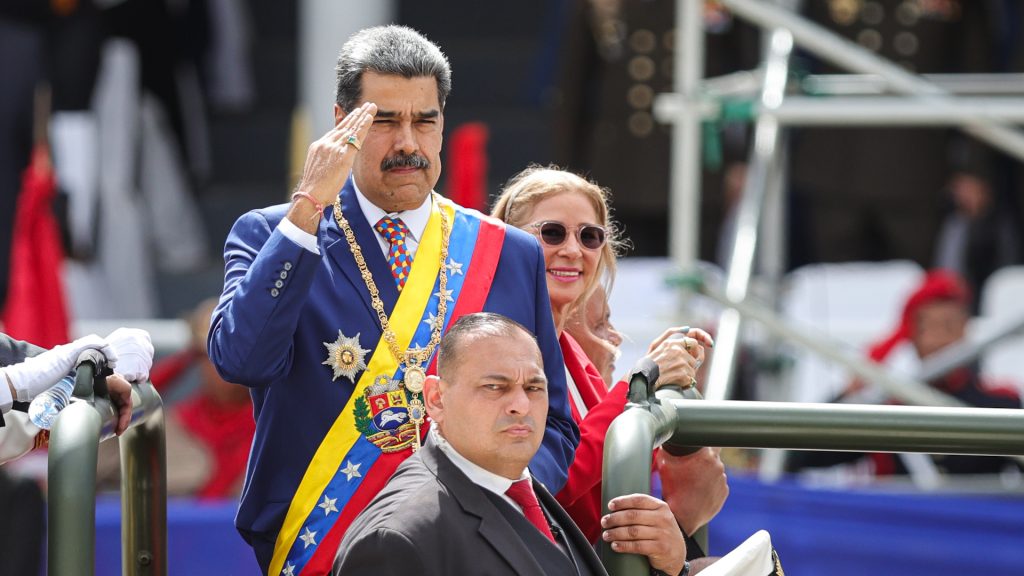
Venezuela’s President Nicolás Maduro announced Monday he will mobilize nationwide militia forces. The news comes after Washington doubled the reward for his arrest to $50 million.
In a televised address, Maduro said a new “special plan” would put more than 4.5 million militia members on duty to secure the country’s territory.
Official tallies place the militia at roughly five million, though outside estimates suggest the real figure is smaller. Venezuela’s population is about 30 million.
Maduro linked the mobilization to what he called renewed U.S. threats. He cited stepped-up anti-drug operations in the Caribbean and the higher bounty. Interior Minister Diosdado Cabello confirmed that Venezuelan units deployed in the Caribbean Sea, which he described as Venezuelan territory.
What the US alleges
Earlier this month, the Trump administration raised the reward for Maduro’s capture from $25 million to $50 million. Announcing the increase, Attorney General Pam Bondi called Maduro “one of the largest narco-traffickers in the world.” She said he poses a danger to U.S. national security.
Maduro was first charged in U.S. federal court in 2020 with narco-terrorism and cocaine-trafficking conspiracies. Washington initially offered $15 million for his arrest, an amount later raised to $25 million before this month’s change to $50 million.
Prosecutors allege Maduro and allies worked with transnational groups — including the Cartel de los Soles, Tren de Aragua and the Sinaloa cartel — to move cocaine into the United States. U.S. authorities seized about 30 tons of cocaine that prosecutors tied to Maduro’s network. That included nearly seven tons that they alleged were directly linked to him.
Caracas pushes back
Venezuelan officials rejected the accusations and dismissed the reward increase. Foreign Minister Yvan Gil called the move “pathetic” and accused Bondi of running a political publicity stunt.
In his broadcast, Maduro urged workers and farmers to organize sector-based militias and vowed they would be equipped to defend Venezuela’s sovereignty.
Regional and military context
The United States does not recognize Maduro’s victories in 2018 or 2024, citing fraud, and has maintained sweeping sanctions. At the same time, Washington has made limited arrangements. These include a deal to release 10 jailed Americans in Caracas and a decision allowing Chevron to resume oil operations.
Meanwhile, U.S. counter-narcotics activity in the Caribbean has increased. Officials say about 4,000 sailors and Marines are expected to take part in the Trump administration’s expanded efforts in the southern Caribbean region. Reuters, citing sources briefed on the matter, reported that several U.S. Navy vessels were being sent to the region, with three destroyers expected off Venezuela’s coast.

